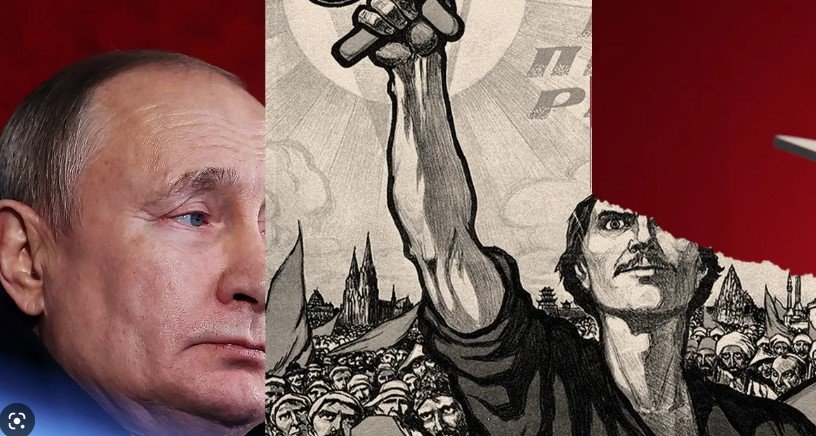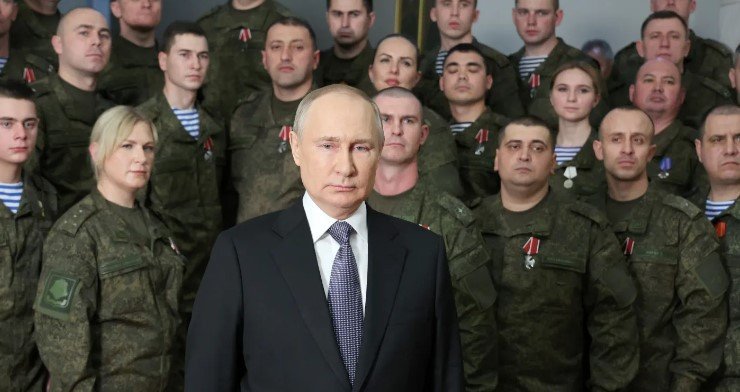We dug around to try come up with the ‘other sides’ version of events and motivation:
Why does Russia want to annex Ukraine?
Every day, Russian authorities refute any invasion plans. Also, Russian President Vladimir Putin did the same when he spoke on the phone with US President Joe Biden and visited with Emmanuel Macron of France last week. This has two issues, though. Secondly, few western countries accept Putin’s denials because of his Johnsonian relationship with reality. Second, Putin has not explained why, if his objectives are peaceful, more than half of Russia’s armed forces, including 130,000 troops, are massed on Ukraine’s borders. Anything might be a bluff. But who would bet the house on that?
What motivates Putin then?
Many theories exist. According to reports, Putin wants to reestablish a Russian sphere of influence in eastern Europe, with a focus on now independent former Soviet countries including Estonia, Latvia, Lithuania, Belarus, Georgia, and Ukraine. He has regularly lamented their “loss” since the fall of the Soviet Union. Putin may also want to show that Russia is still a superpower, despite the fact that, by most standards (nuclear weapon stocks and geography apart), it is a declining medium-sized power.

Ukraine: Why?
Putin worries that Ukraine, which controls Russia’s south-western edge, is blending into the west. He objected to it becoming more and more NATO-centric. He is also against Ukraine’s growing ties to the EU. More worse, in his eyes, is that Ukraine is a democracy with free press and free elections for its officials. In reality, Russians do not have access to these liberties; if they did, Putin would not last very long. Putin, in general, is a sentimental revisionist who sees the loss of Ukraine as a sign of Russia’s defeat in the cold war and considers it to be a crucial component of historical Russia.
Why now?
Putin might detect Western fecklessness. NATO was humiliated in Afghanistan last year, and Joe Biden, who ran on a platform of ending wars rather than starting new ones, has shifted US foreign policy and military resources away from Europe and toward China. It’s also been suggested that Putin needs a decisive victory to boost his popularity at home, defend his anti-Western policies, cover up the widespread corruption and kleptomania within his regime, and justify the hardships Russians experience as a result of the western sanctions put in place following his initial attack on Ukraine in 2014. At that time, he seized de facto control of the eastern Donbas region and annexed Crimea.
What requests does Putin have?
Putin wants NATO to commit never to accept Ukraine (or Georgia and Moldova) as members in order to (maybe) settle the deadlock. He wants the alliance to distance itself from “frontline” nations like Bulgaria, Poland, and Romania, who were once part of the defunct Warsaw Pact.

He wants Kyiv to adopt autonomous status for the Donbas region and surrender its claim to Crimea (as part of the so-called Minsk accords). He wants to curtail or stop the use of new US medium-range missiles in eastern and southern Europe. Even more ambitiously, he wants to change Europe’s “security architecture” in order to restore Russia’s power and broaden its global influence. The US rejects the majority of this. Therefore, the current crisis.




